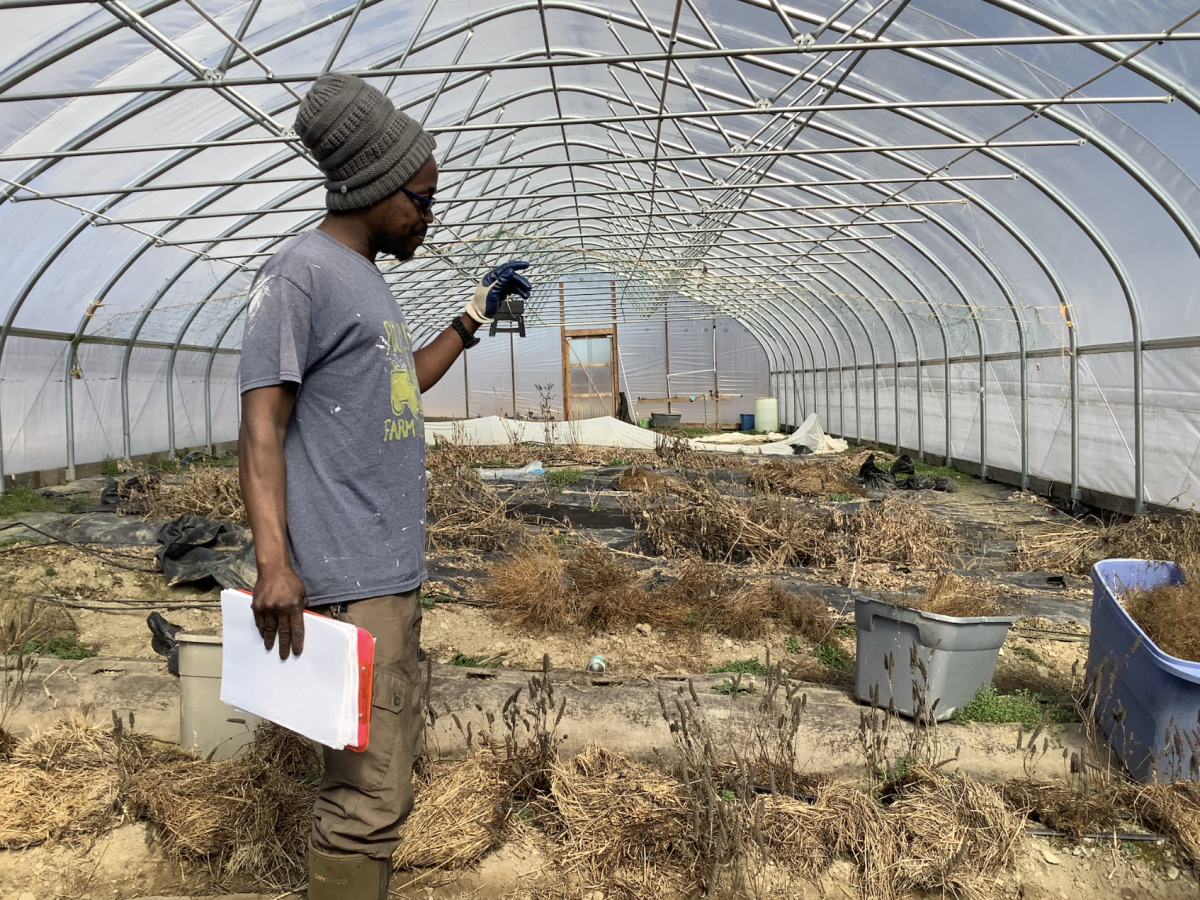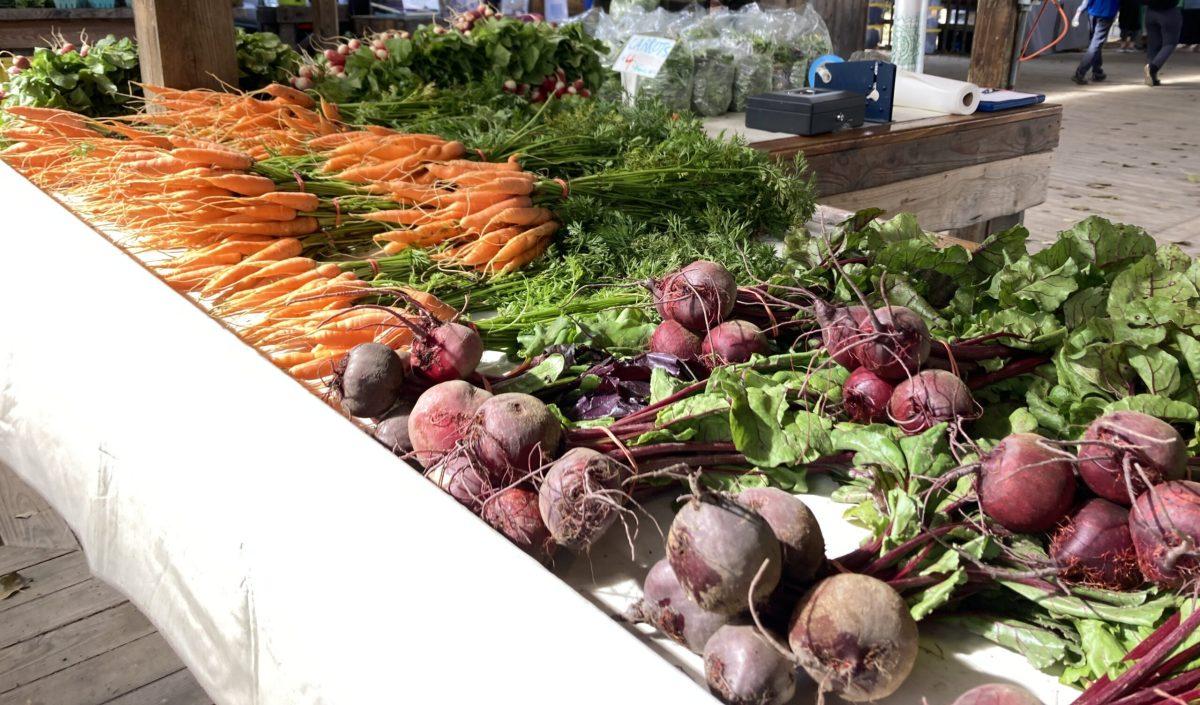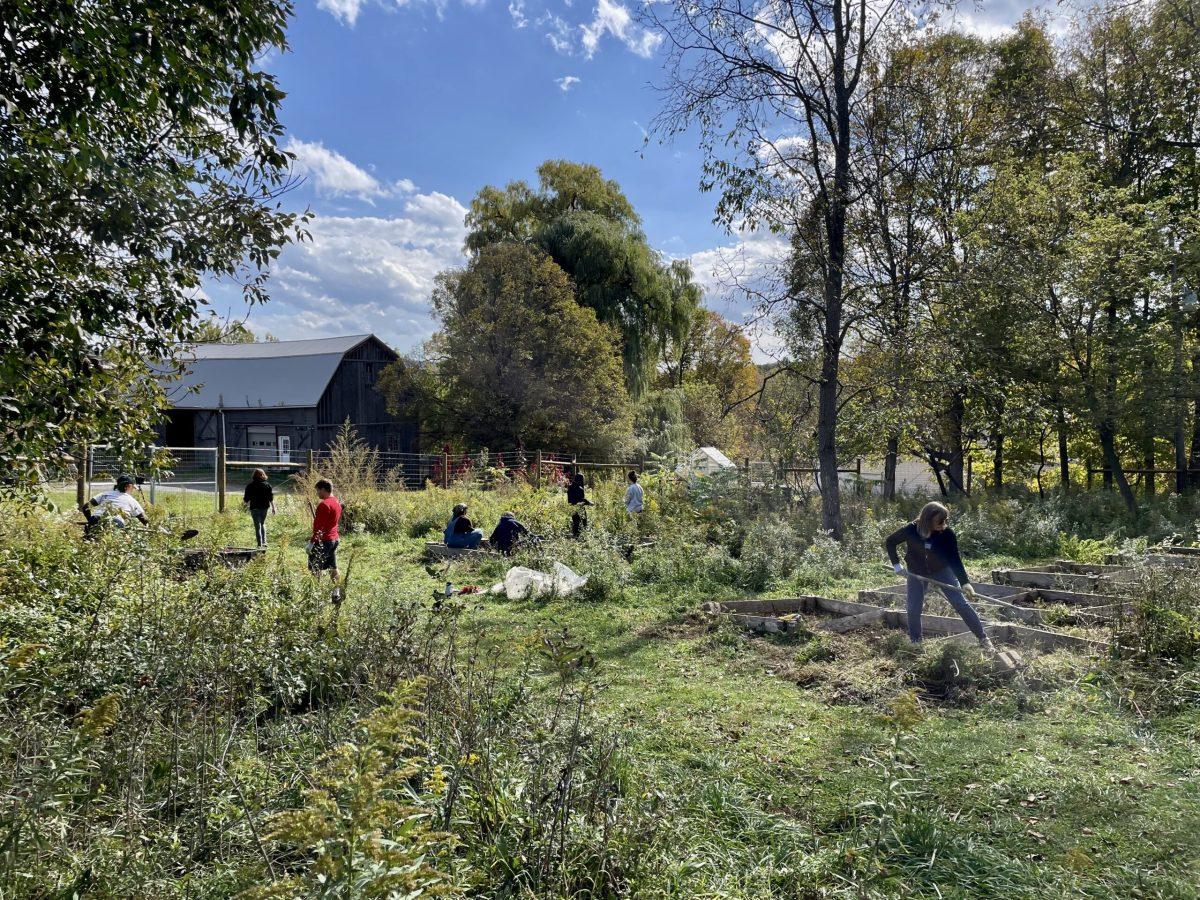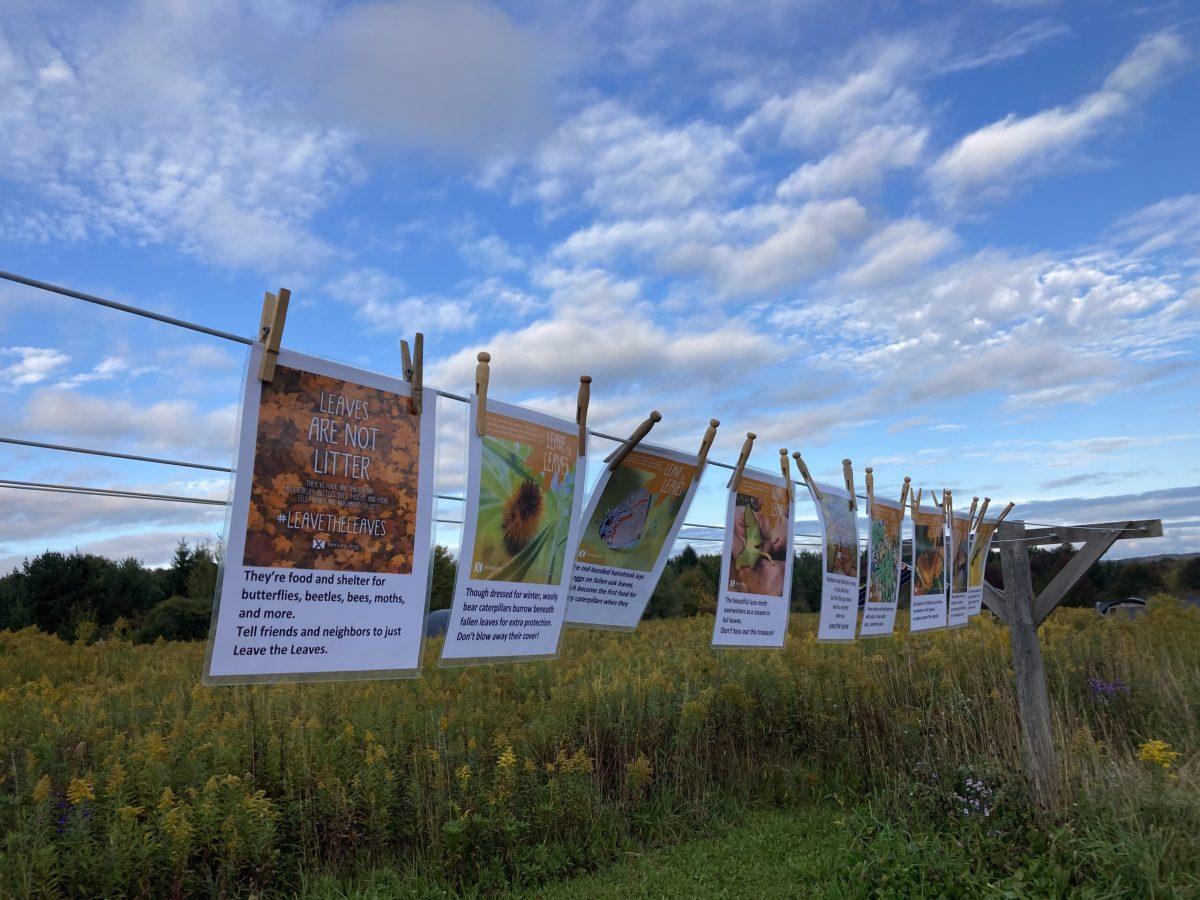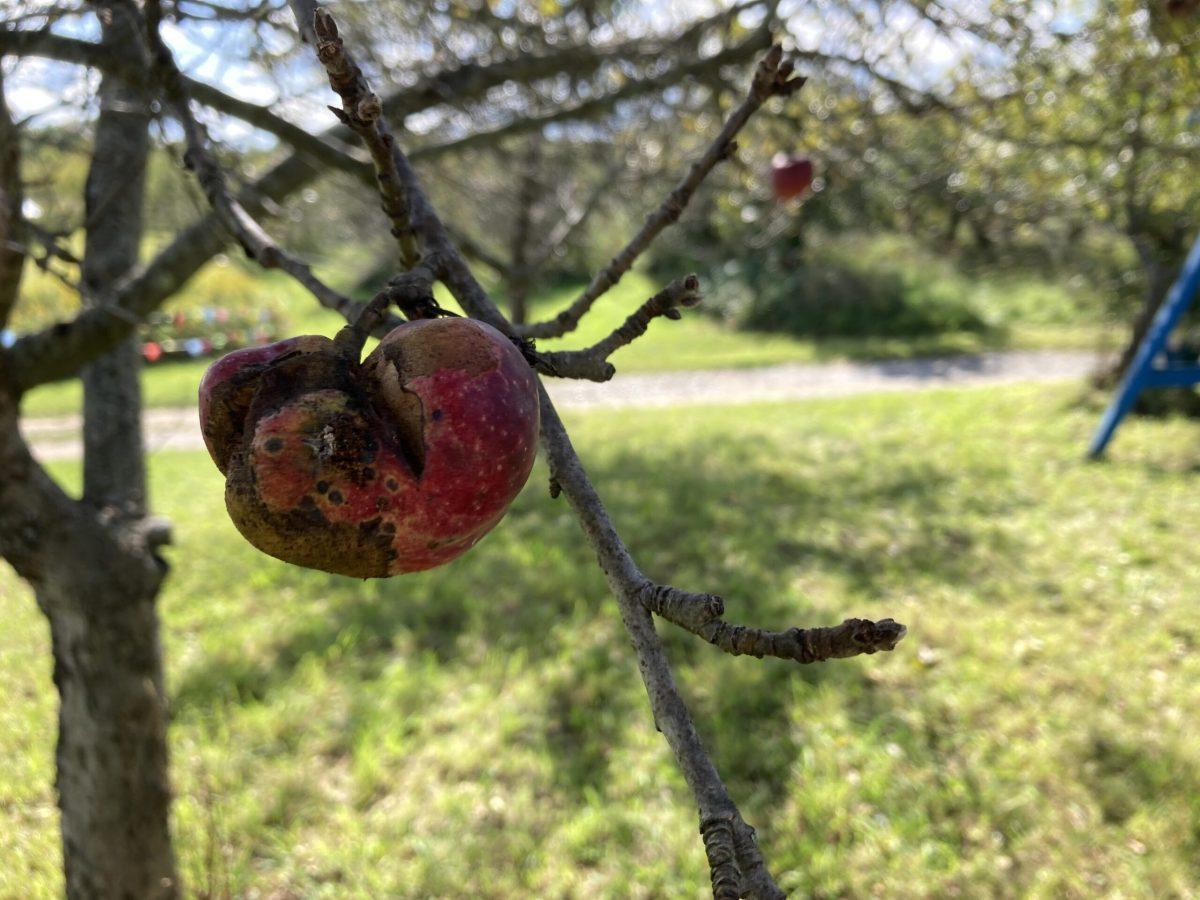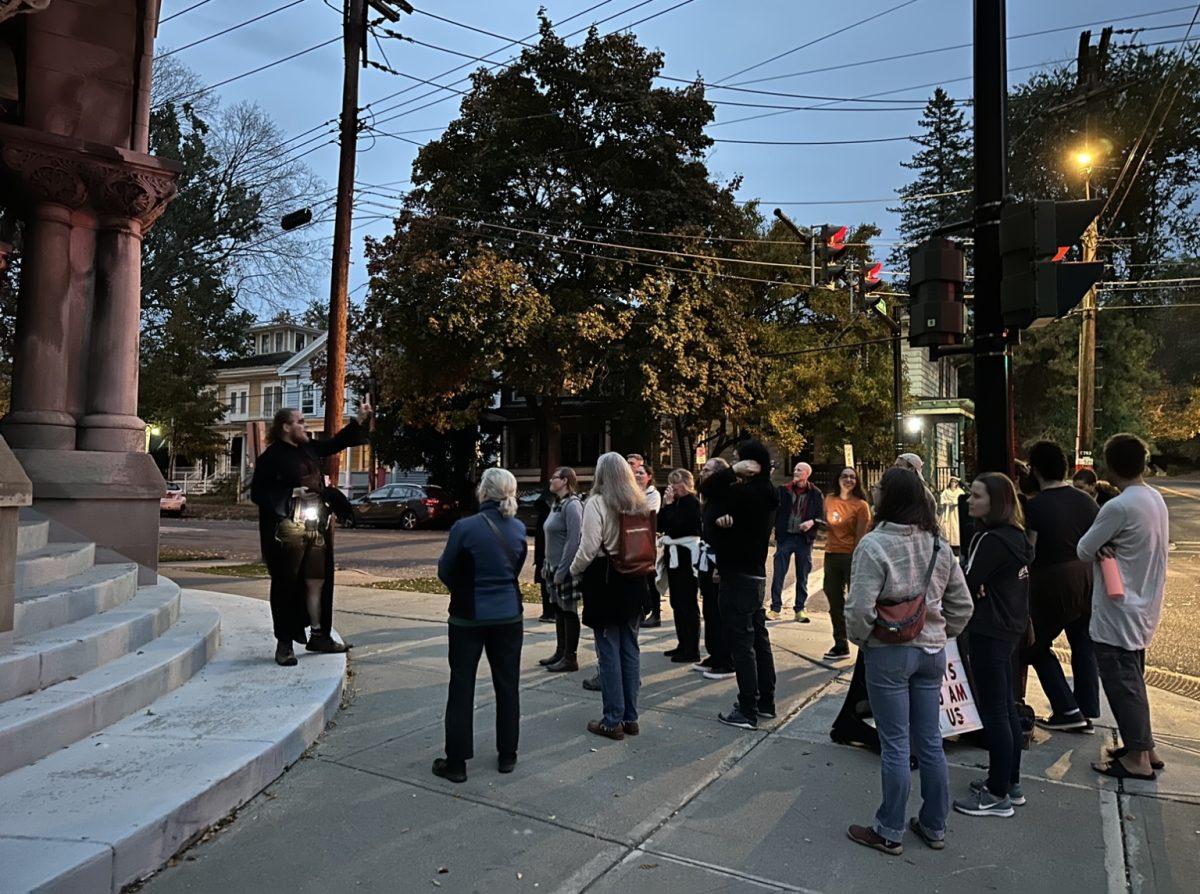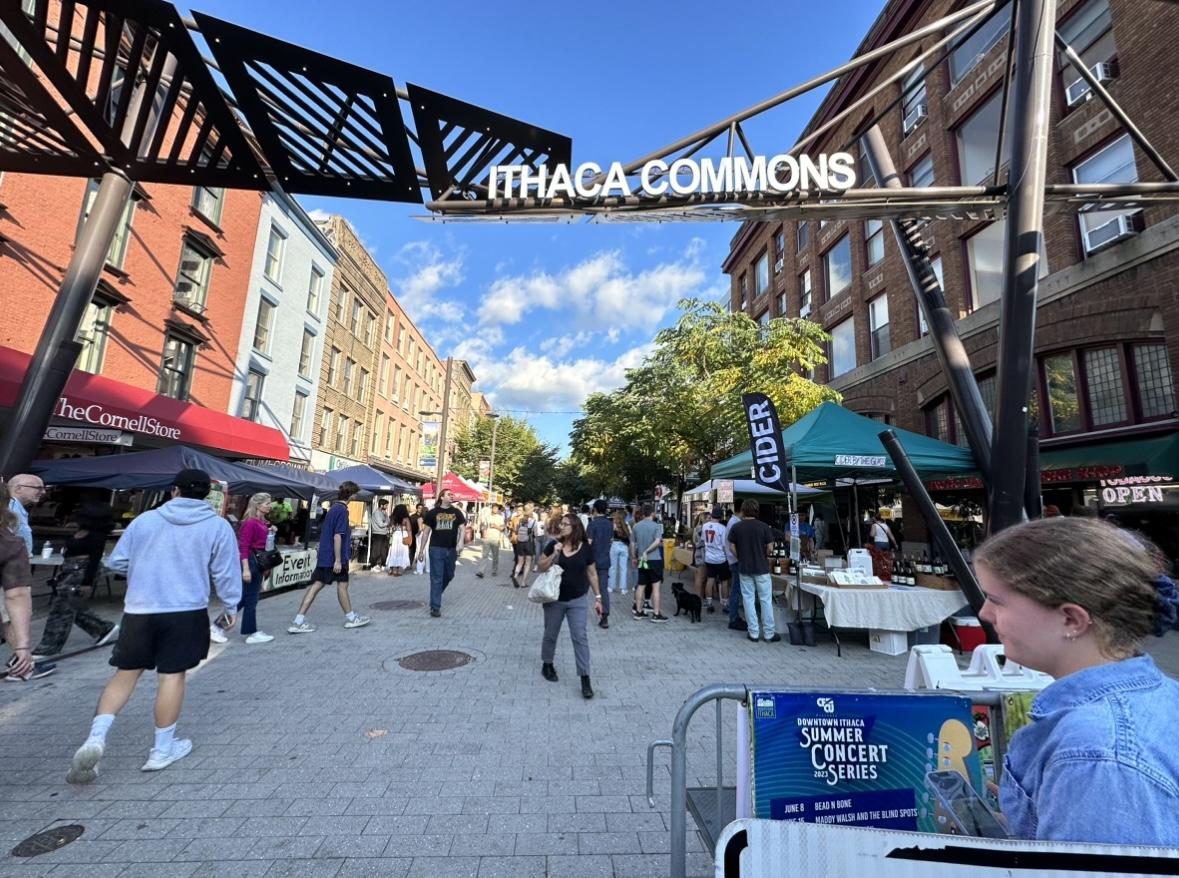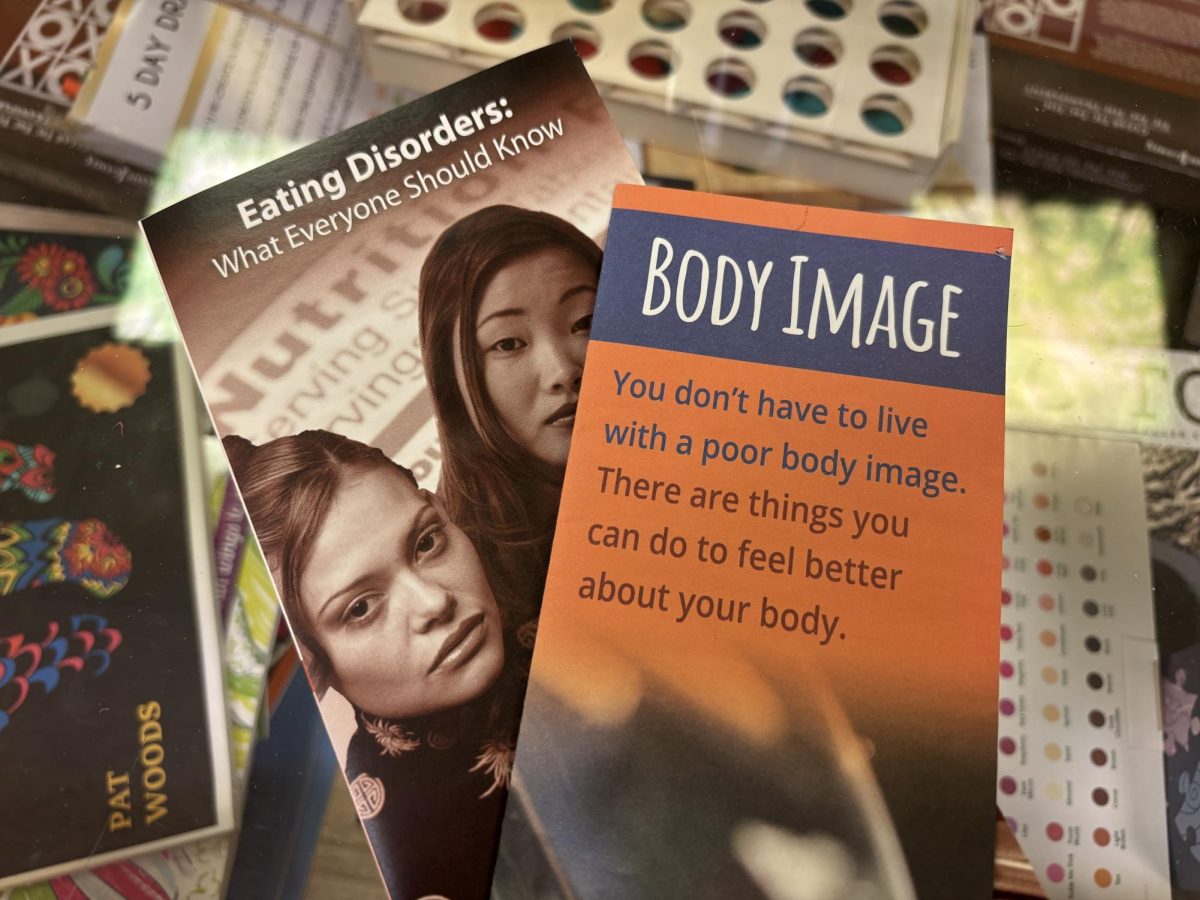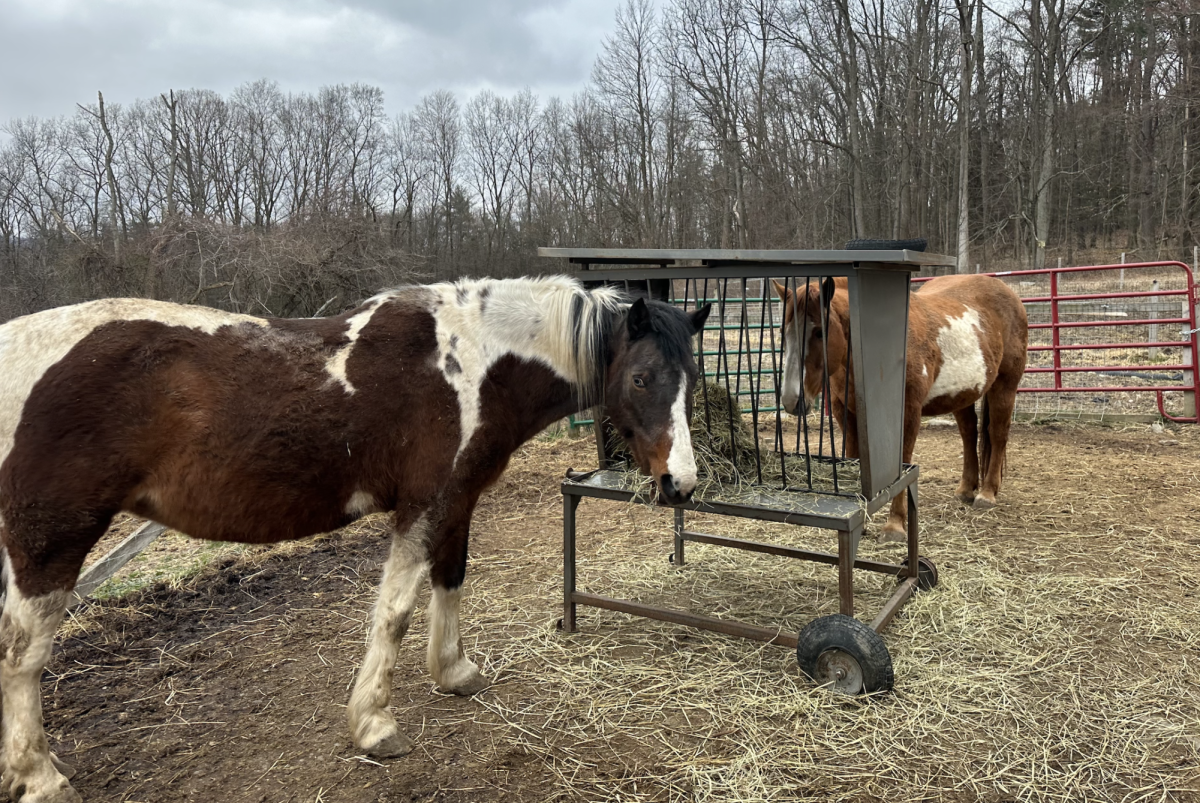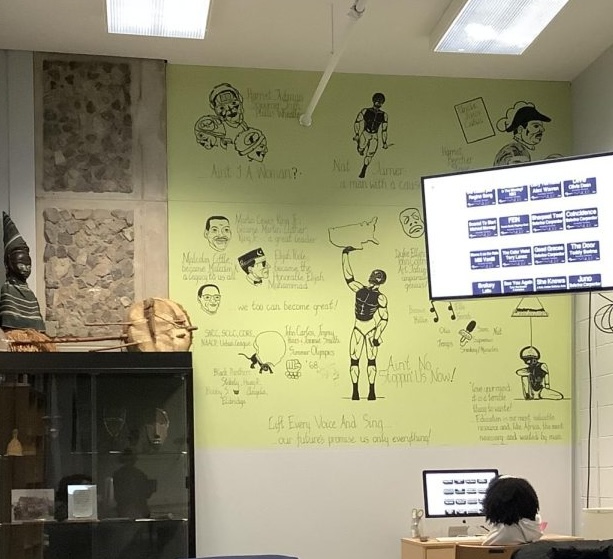The farm bill is a package of legislation passed every five years that does everything from regulating how farms operate and sell their goods, to supporting rural communities, to determining the funding for the federal nutrition program, SNAP.
The 2018 farm bill expired at the end of fiscal year 2023 on Sept. 30. A 2023 farm bill was not reauthorized by this date, meaning there is currently no active farm bill in effect. In order to reauthorize a farm bill, both the Senate and House Agricultural Committees must propose their own bills that are amended and voted on by each body. Following this, the two committees combine their individual bills to create a joint bill which must also be approved by Congress.
Currently, it is unclear when a new farm bill will be approved, but Krista Hesdorfer, director of public affairs at Hunger Solutions New York, said there is some indication and hope that the new bill will be reached in the beginning of 2024.
“In this year’s farm bill, we’re really hoping to see improvements to build on SNAP’s extensive successes,” Hesdorfer said. “We want to see benefit adequacy improved. We want to see an expansion of access so that all families who need SNAP benefits receive them and we’d like to see some streamlining in the program. But I will say that our top priority in this farm bill and in this Congress is protecting SNAP and the valuable benefits that it already provides.”
The farm bill in New York
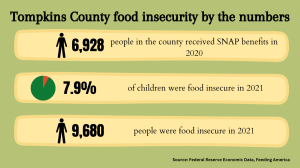
In 2018 76% of funding allocated for the farm bill went towards the nutrition title, which largely covers operations of, education around and changes to SNAP benefits. Hunger Solutions New York is a nonprofit organization dedicated to ending hunger. They are currently running a campaign to support protection for SNAP benefits in the 2023 farm bill.
In Tompkins County, 6,928 people received SNAP benefits in 2020 according to Federal Reserve Economic Data, and according to a report released by the U.S. Department of Agriculture, just this month, food insecurity rose from impacting 10.2% of U.S. households in 2021 to 12.8% in 2022.
Hesdorfer said the rise in food insecurity makes protecting SNAP and ensuring eligible households and individuals use their benefits even more important.
Not all SNAP-eligible residents are receiving benefits in Tompkins County. Grace Parker Zielinski, community health coordinator at Cornell Cooperative Extension, said only 55% of people in Tompkins County who could be accessing SNAP benefits are.
“We still have people who are concerned about accessing it because of misconceptions about the program,” Zielinski said of SNAP benefits. “Everybody who’s eligible should be accessing it and accessing it is never taking it away from anyone else.”
Zielinski said some of the common barriers to access are that getting SNAP benefits is a long and administratively complex process in which all communications are done via mail and rules for SNAP access change frequently, meaning some people may not be aware that they are eligible or feel that other people need the benefits more. Zielinski said she would like to see these barriers eliminated in the 2023 farm bill.
Improving access to SNAP is an important step in combating food insecurity, but it would not solve every problem with food insecurity rising. Zielinski said there have been extremely high numbers of people accessing food resources or applying for SNAP for the first time in 2023, even if they do not qualify.
“There are definitely people who are sort of falling into that gap where they don’t necessarily qualify for SNAP or some other income based programs but also struggle to afford their food needs,” Zielinski said.
Local resources
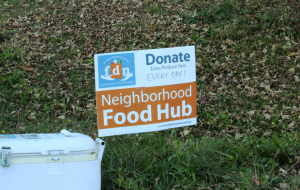
Locally, there are many resources to assist with SNAP access and other ways for people to get enough nutritious food. Major resources include the Food Bank of the Southern Tier which Zielinski works closely with. She said they have seen record numbers of people utilizing its services throughout 2023. Other resources help SNAP recipients best take advantage of the resource, like SNAP-Ed — who declined to comment for this article.
Friendship Donations Network is a food rescue and redistribution program in Tompkins County. According to their website, they serve more than 2,000 people a week and divert over 1,000 pounds of food from landfills every day. They work with local stores and programs to receive food and other community partners to redistribute that food to people in need.
“It’s a real problem. And it’s almost like we collectively have accepted the status quo that perfectly good food will go to waste,” Meaghan Sheehan Rosen, coordinator of FDN said of food waste.
Rosen said FDN does a lot of work to combat food waste and shift the mentality in our society that it is acceptable to let uneaten food go to the landfill, rather than going to people in need. While they do not deal directly with SNAP, Rosen said the program is crucial.
“Those more supplemental emergency resources are really a lifeline for people simply to be able to meet their basic needs,” Rosen said. “And then obviously, the overlap there with the work we do is all of the food that we capture and distribute is all distributed for free, trying to prioritize the people and programs that are serving people who are living in the most vulnerable conditions and who don’t have access to resources.”



